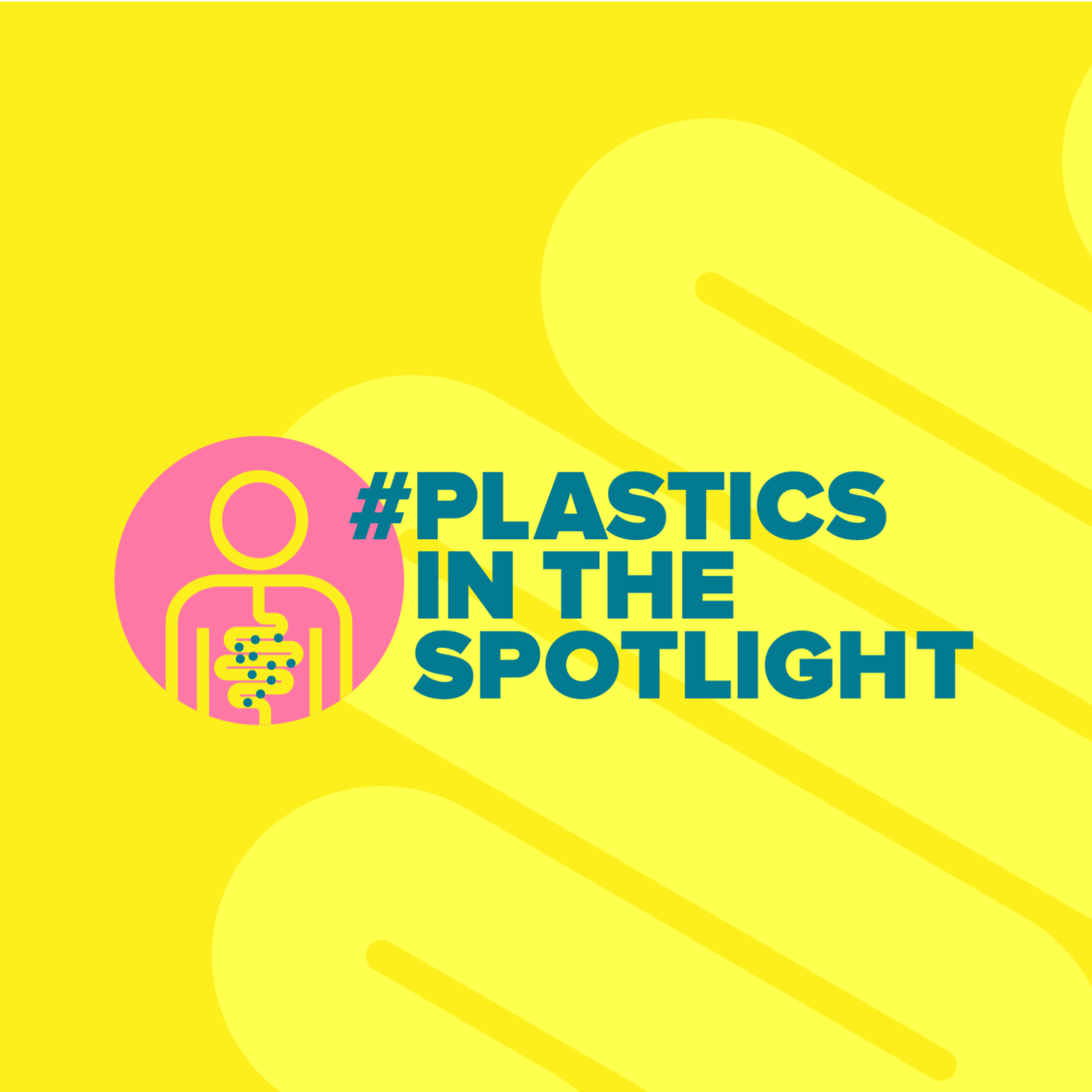Projects
Check out the active projects organised by Zero Waste Europe
Active projects
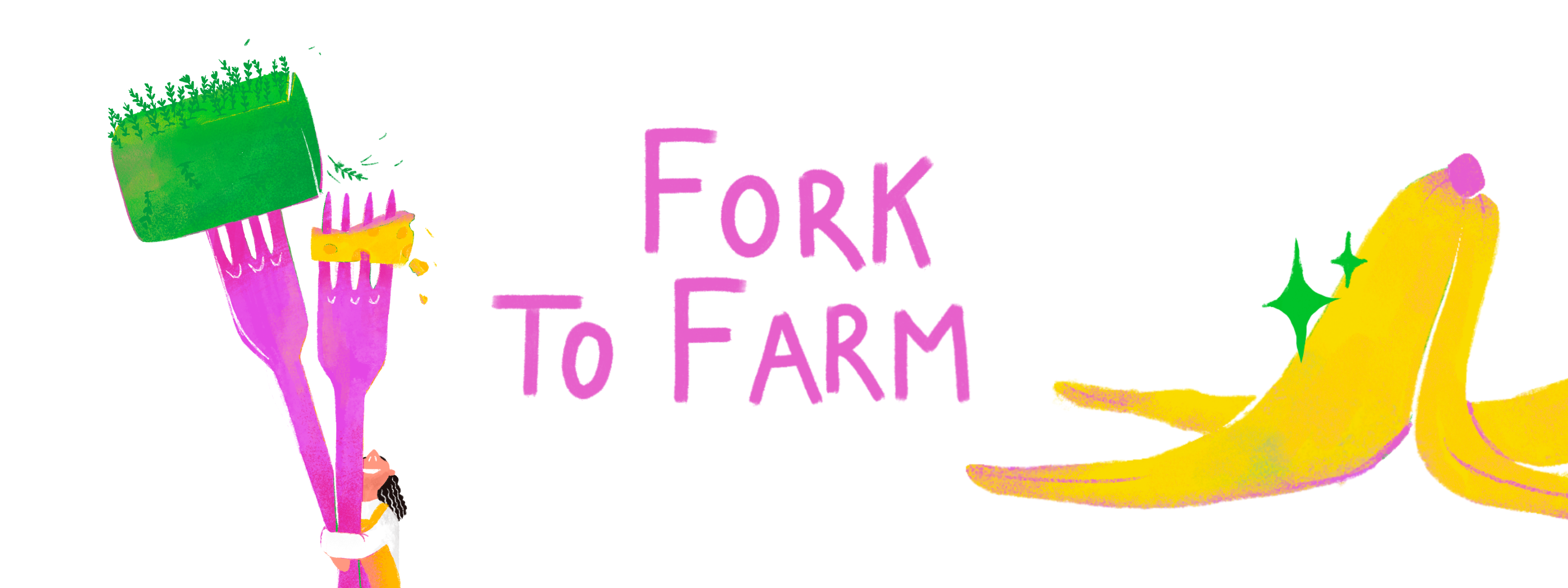
#ForkToFarm
From 1 January 2024, it’s mandatory for EU Member States to separately collect bio-waste. Yet, this requirement is currently not being met or only being done in a very poor manner across many Member States. Our #ForkToFarm campaign aims to raise awareness of the need and benefits of implementing effective bio-waste management models at the local level.
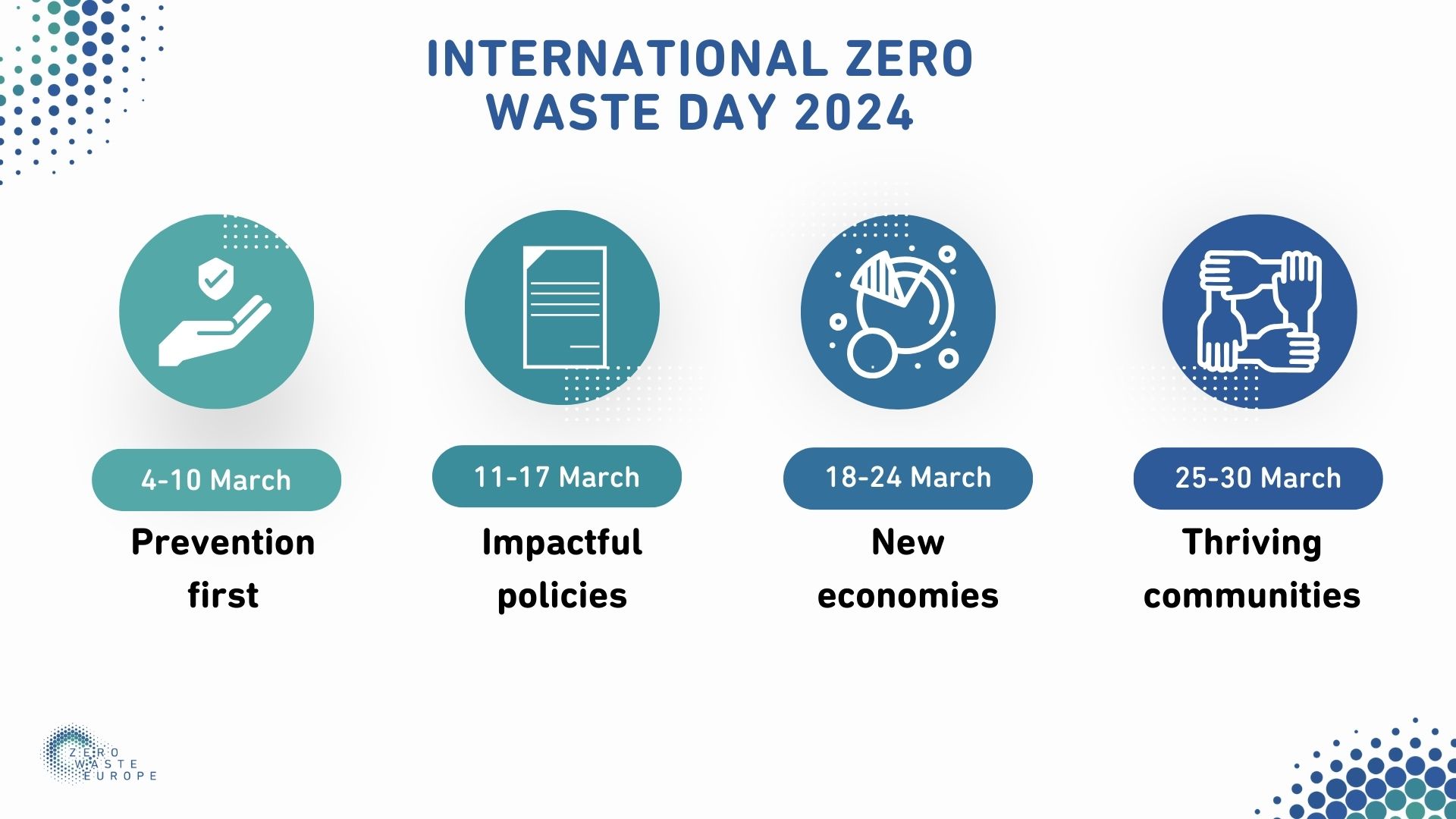
International Zero Waste Day Campaign
In 2022, the UN endorsed the designation of March 30th as International Zero Waste Day. Annually, Member States, United Nations organisations, civil society groups, the private sector, academia, youth, and other stakeholders are encouraged to participate in activities geared towards promoting awareness of national, subnational, regional, and local zero-waste initiatives, highlighting their role in advancing sustainable development goals.
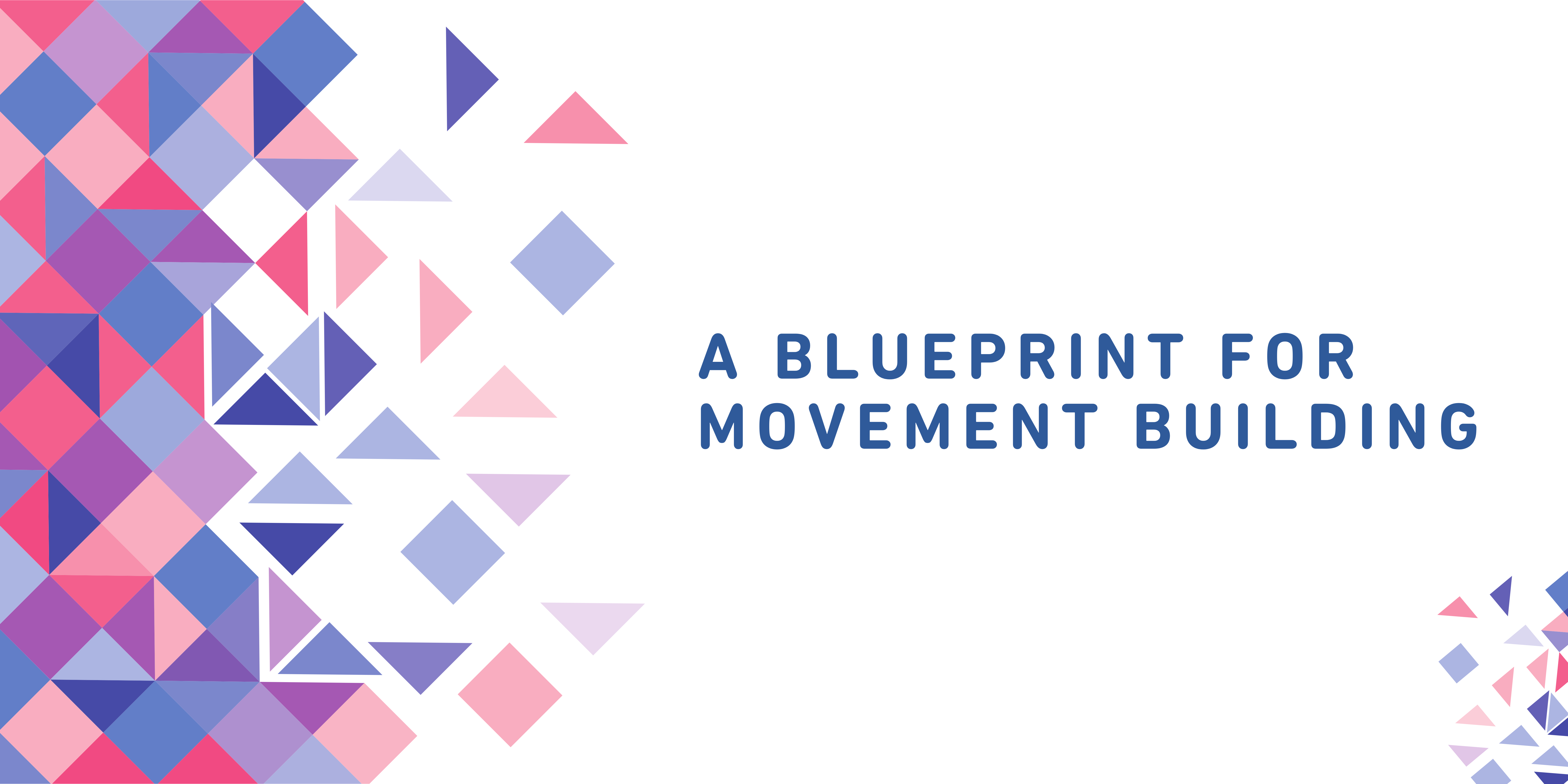
A Blueprint for Movement Building
“At ZWE, movement building is part of our DNA. We collaborate with members across Europe, forge coalitions, spark movements, and rally diverse groups. We believe collective action is vital for lasting change, for the benefit of all people and the planet.” – Stephanie Yates, Head of Network & Movement Building
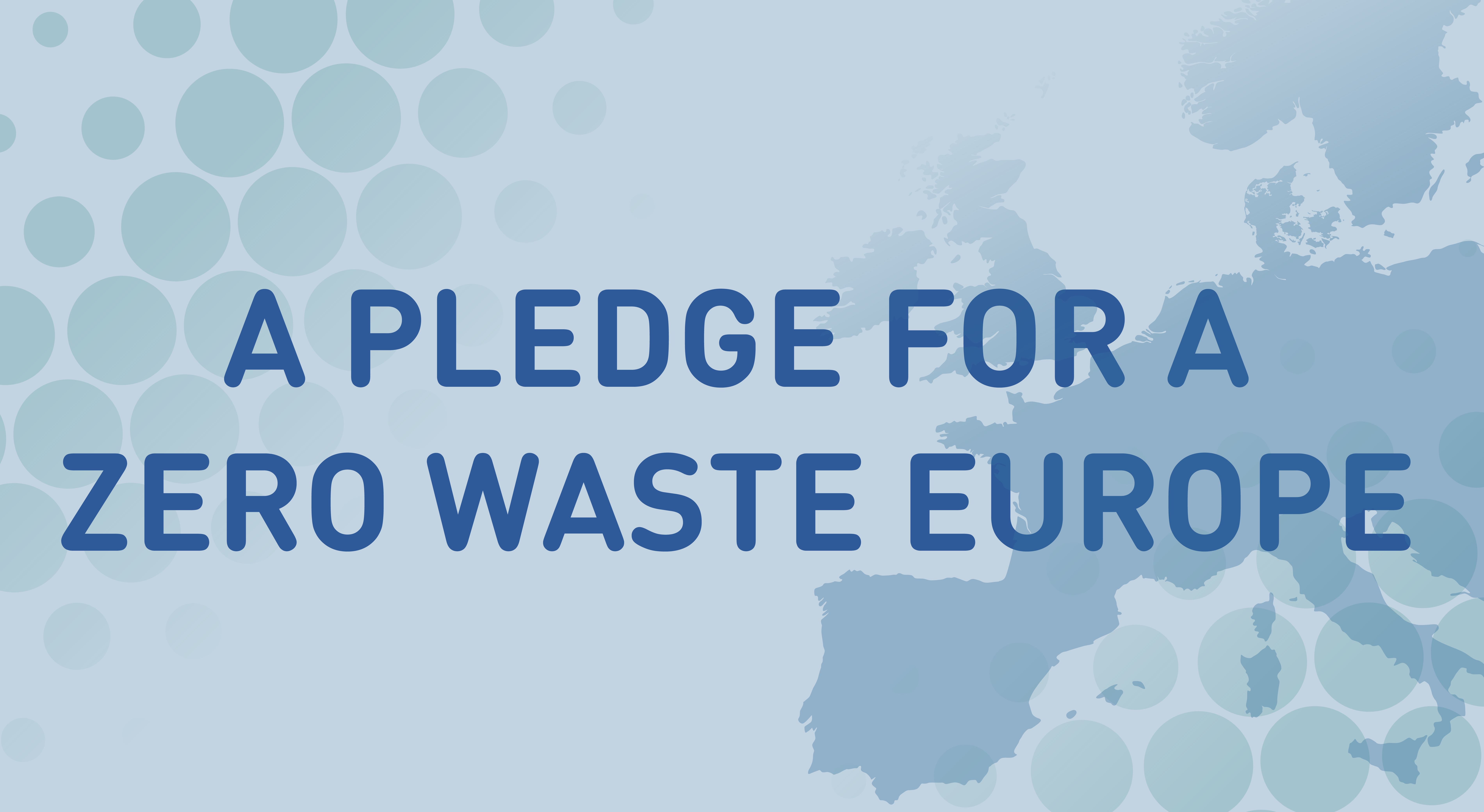
2024 European Parliament elections – our pledge for a zero waste Europe
Ahead of the 2024 European Parliament elections, Zero Waste Europe calls on the decision makers to commit to the principles of sufficiency, resilience, and wellbeing for the next mandate.
By signing our pledge, Members of the European Parliament will support comprehensive policies to make a zero waste Europe a living, widespread reality.
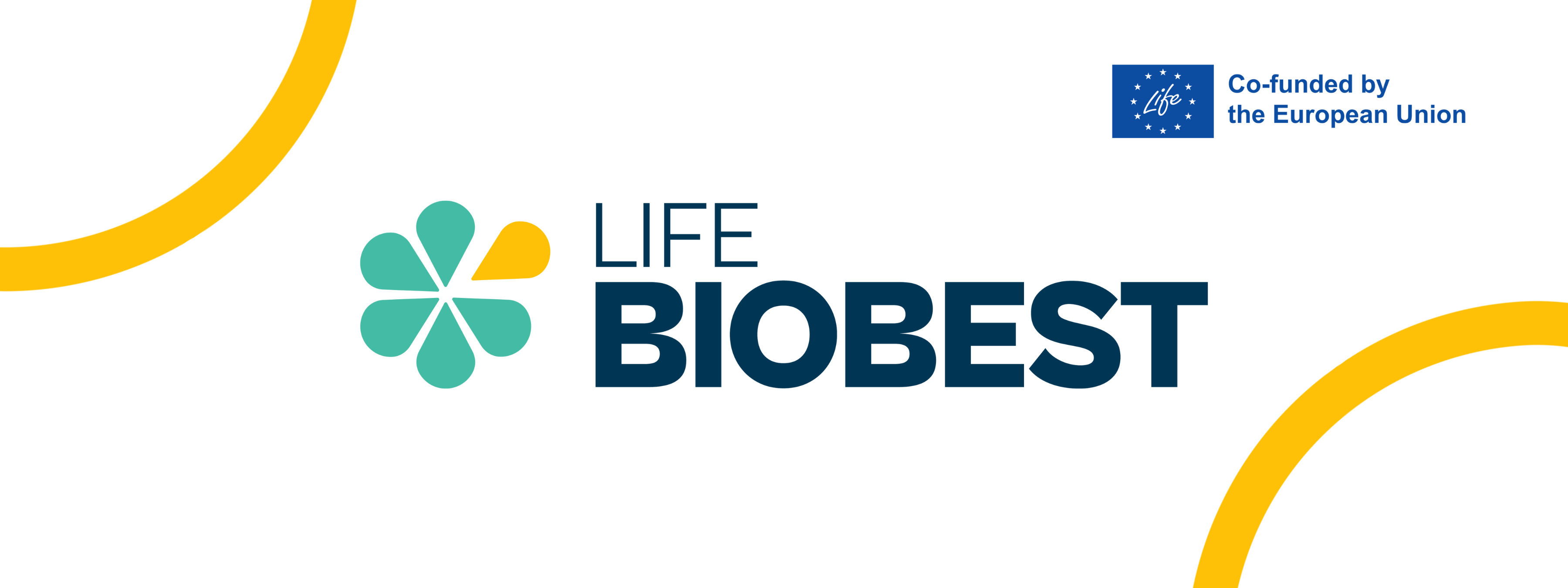
The LIFE BIOBEST Project
In light of the EU’s Waste Framework Directive, member states will be required to collect bio-waste separately by the end of 2023, significantly increasing the availability of bio-waste for composting and anaerobic digestion. Yet, considering the large disparities in bio-waste collection and treatment across the EU, it’s crucial to identify and validate best practices and Key Performance Indicators (KPIs) along the bio-waste management chain. Unlocking the full potential of bio-waste recycling requires an ambitious project like LIFE BIOBEST.
Find out more about the project’s key results, upcoming events and webinars, and take part in this forward-looking initiative!
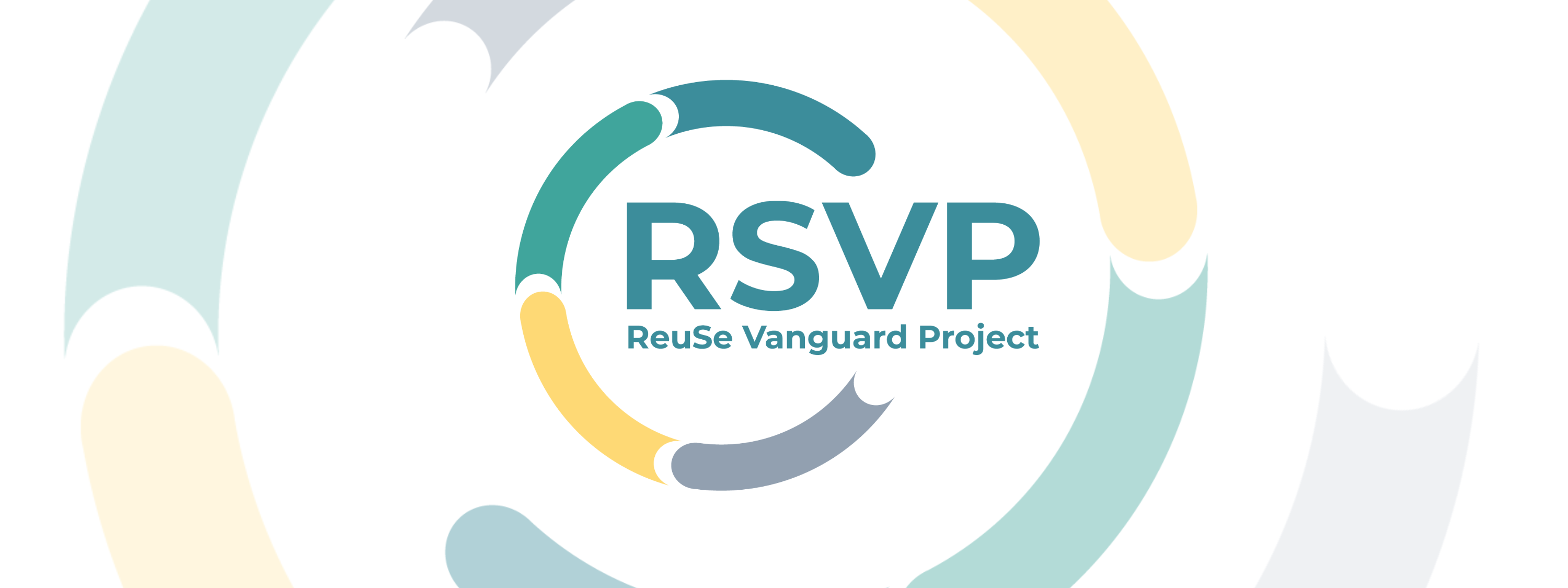
ReuSe Vanguard Project (RSVP)
“We are laying the foundations for reuse systems that follow the same definitions, essential requirements, and sound operational objectives. This is a revolution in the making with and for everyone in the packaging sector — from city authorities and legislators at different levels to reuse operators, system users, and consumers in Europe and beyond.” – Nathan Dufour, Reuse Systems Manager and Leader of the ReuSe Vanguard Project at Zero Waste Europe
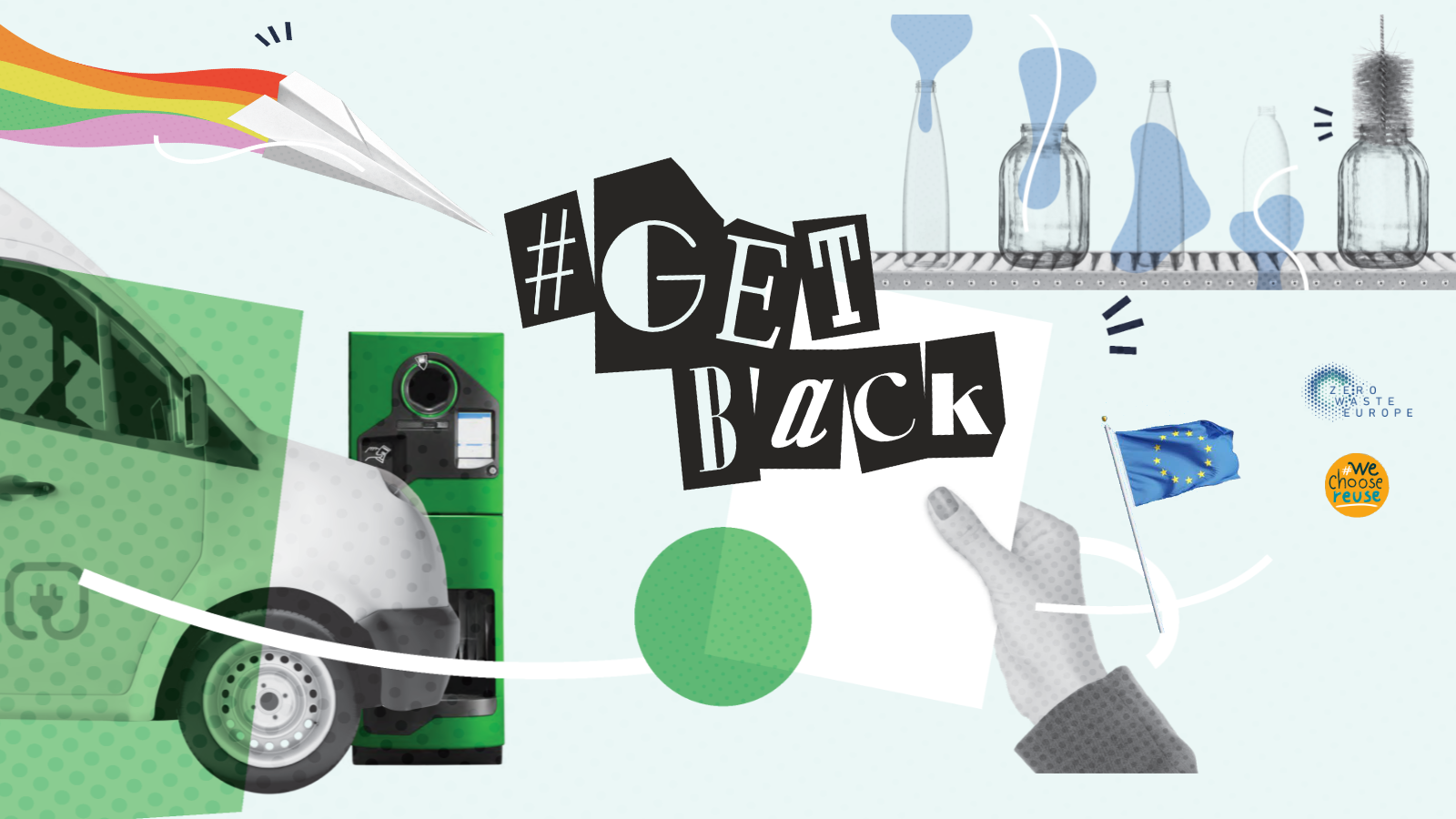
The #GETBACK campaign
To achieve the EU sustainability and climate goals, a shift in the way we consume and produce products and materials needs to urgently change. The revision of the Packaging and Packaging Waste Regulation represents an opportunity to transform how Europe packages and distributes its products, moving the focus away from just recycling. We need the EU to support this transition by putting in place regulatory measures focused on waste prevention and reuse. – Larissa Copello, Packaging & Reuse Policy Officer at Zero Waste Europe
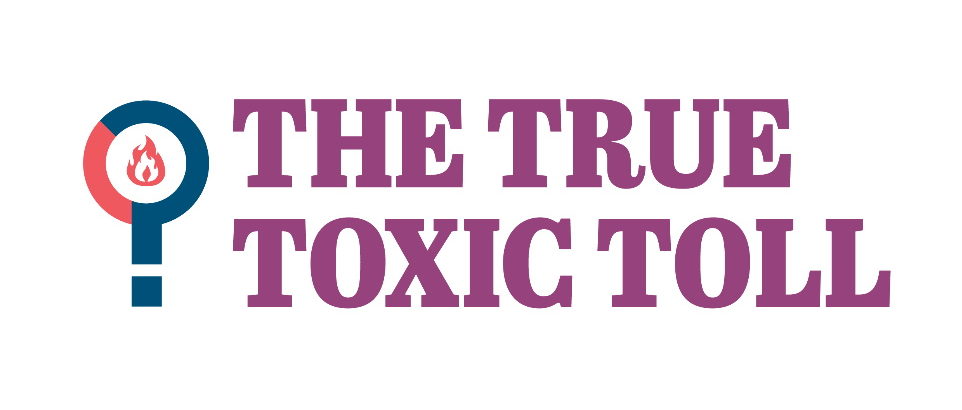
The True Toxic Tool
There is an urgent need to assess the real impact of waste incineration on human health and the environment. People living near waste incinerators need to be reassured about their health risks and the safety of such combustion facilities.” – Janek Vähk, Zero Pollution Programme Manager at Zero Waste Europe
